The 3 Most Important Chemicals to Monitor
In this article, we explain why you especially need to monitor your tank’s levels of ammonia, nitrite, adn nitrate. We also explain how you can remove these chemicals from your tank’s water when necessary.
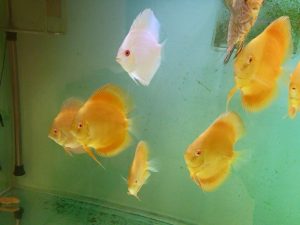
Assorted Discus
Ammonia, nitrite, and nitrate are measured in parts per million (PPM). If your tank has a high amount of ammonia, nitrite, or nitrate, do a 50% water change. Follow it with a 10% water change each day for 5 days. Then perform another 50% water change on the 7th day. If this doesn’t work, you should consider one of the many chemical alternatives available.
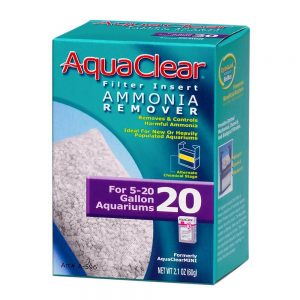
Ammonia Remover
As long as your tank has a fully established Biofilter and you change your tank’s water regularly, these three chemicals usually will not cause a problem.
AMMONIA
Ammonia is the most lethal of these three chemicals. It is a direct result of fish waste and uneaten food. Always remove uneaten food from your aquarium.
Ammonia must be undetectable (0PPM) at all times. Any trace of this toxic chemical will cause severely stress your discus.
NITRITE
Nitrite is formed when ammonia is broken down by nitrifying bacteria. Although nitrite isn’t as lethal as ammonia, it is still very harmful. Similar to ammonia, any sign of nitrite in the aquarium will severely stress your discus. Your tank’s nitrite levels must always remain at 0ppm.
NITRATE
Nitrate is in the final stage in the nitrogen cycle, and it abounds in recently cycled aquariums. Nitrate is the least dangerous of these three chemicals. In fact, anything less than 50ppm of nitrate is considered safe. However, some discus keepers maintain aquariums with nitrate levels under 10ppm, just to be on the safe side.
QUESTIONS
- How will you ensure that your tank’s levels of these three chemicals are not too high?
- Which of the three chemicals is the least dangerous?
- How are these chemicals related to the nitrogen cycle? (Hint: If you don’t recall the nitrogen cycle, check it out. Our nitrogen cycle article is linked under the Related Articles section below.)

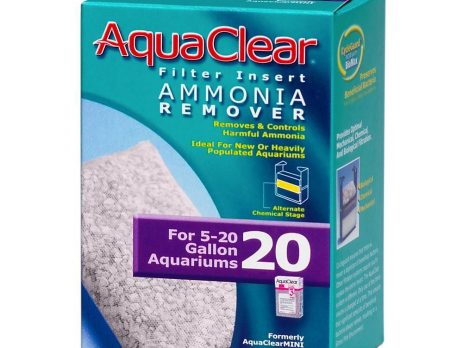
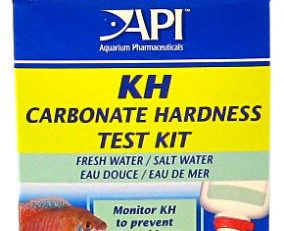
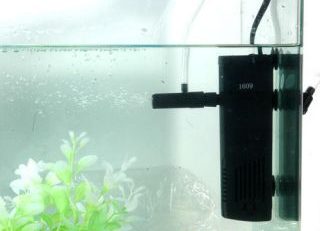
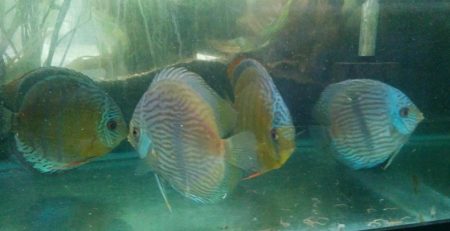

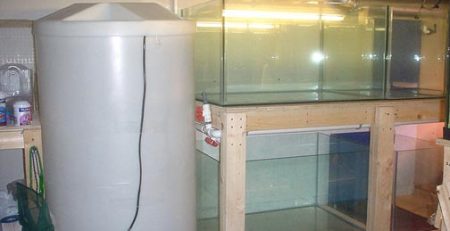
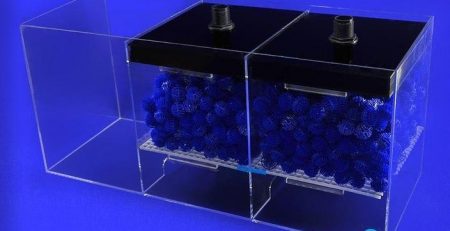
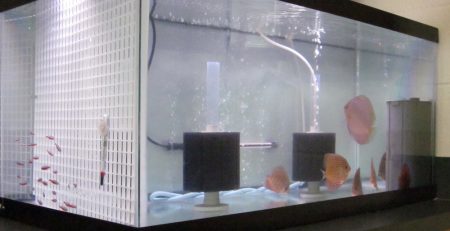
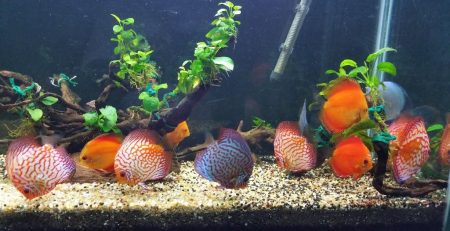
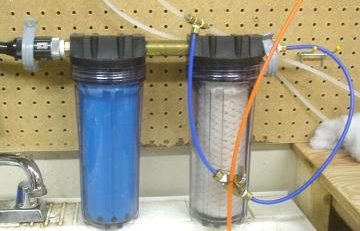

Leave a Reply
You must be logged in to post a comment.